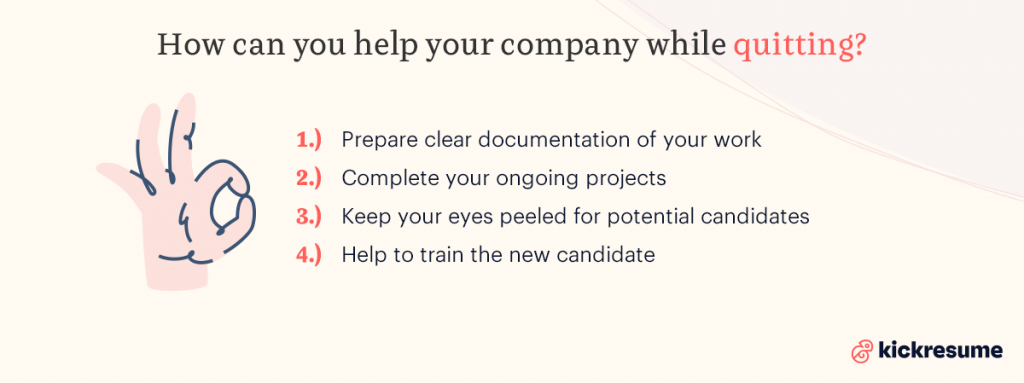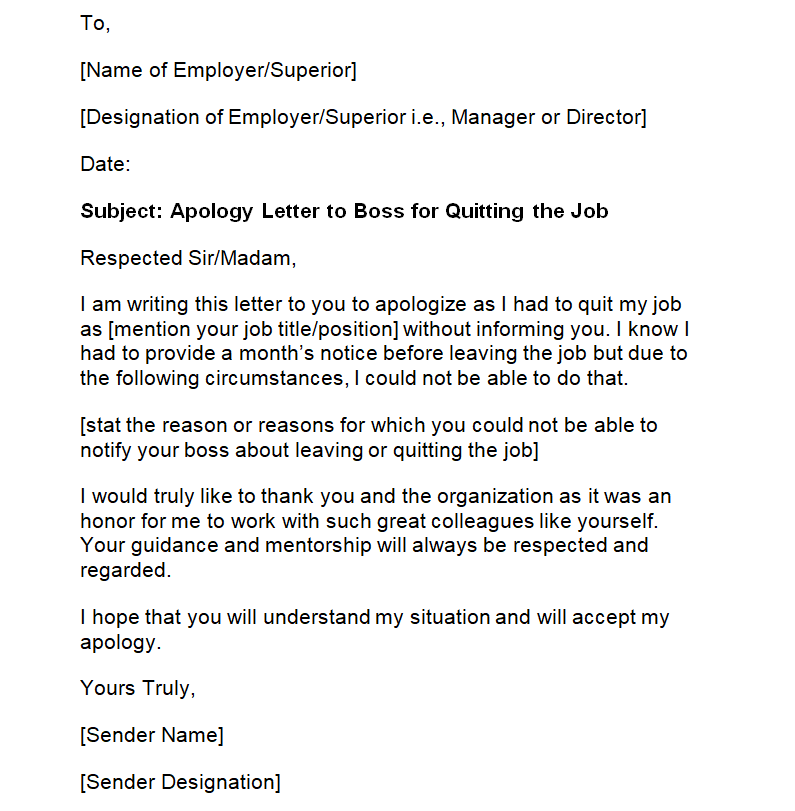How To Tell Your Boss That You're Quitting

The moment of truth arrives: you've secured a new opportunity, and the time has come to resign from your current position. Navigating this pivotal conversation with your boss requires careful consideration and a strategic approach. The way you handle your departure can significantly impact your professional reputation and future prospects.
This article provides a comprehensive guide on how to effectively communicate your resignation, ensuring a smooth transition for both you and your employer. Understanding the nuances of this process can help you maintain positive relationships and leave on good terms.
Preparing for the Conversation
Before scheduling that meeting, thoroughly prepare your resignation letter. According to Society for Human Resource Management (SHRM), a formal letter provides a clear record of your departure and its effective date.
Your letter should be concise, professional, and include your last day of employment. Thank your employer for the opportunity and avoid negative remarks about the company or its employees.
Practice what you plan to say. Consider potential questions your boss might ask and prepare thoughtful responses. This preparation will help you stay calm and composed during the conversation.
Scheduling and Delivering the News
Choose an appropriate time to speak with your boss. Avoid Mondays or Fridays, as these days are often busy and stressful. Mid-week mornings are generally a good option.
Request a private meeting. Inform your boss that you have something important to discuss. Delivering the news in person demonstrates respect and allows for a more personal conversation.
Be direct and confident when stating your intention to resign. Avoid rambling or apologizing excessively. According to career experts at LinkedIn, clear and concise communication is key.
During the Conversation
Deliver your resignation letter at the beginning of the conversation. This provides a tangible confirmation of your decision.
Express gratitude for the opportunities you've had at the company. Highlight specific skills you've developed or experiences you've gained. Maintaining a positive tone is crucial.
Be prepared to answer questions about your reasons for leaving. However, avoid sharing overly personal or negative details. Focus on the positive aspects of your new opportunity.
Addressing Potential Concerns
Your boss might express disappointment or try to convince you to stay. Remain firm in your decision, but be respectful and empathetic to their feelings.
Be prepared to discuss your transition plan. Offer to assist in training your replacement or documenting your key responsibilities. This demonstrates your commitment to a smooth handover.
Avoid burning bridges. Even if you've had disagreements with your boss or colleagues, strive to maintain a professional and respectful demeanor. According to a Harvard Business Review study, maintaining a strong professional network is crucial for long-term career success.
After the Conversation
Follow up with an email reiterating your resignation and thanking your boss for their time. This serves as a formal record of the conversation.
Inform your colleagues of your departure after you've spoken with your boss. Do so respectfully and professionally.
Complete all necessary paperwork and exit interviews. Ensure you understand your company's policies regarding final paychecks, benefits, and non-compete agreements.
Maintaining Professionalism
Refrain from engaging in negative gossip or complaining about the company after you've resigned. Your reputation is invaluable.
Focus on finishing your remaining tasks to the best of your ability. Leave a positive lasting impression.
Thank your colleagues and supervisors for their support and guidance. Expressing gratitude reinforces positive relationships.
Looking Ahead
Leaving a job is a significant step. Approaching the resignation process with professionalism and grace sets the stage for a successful future.
"Your exit is just as important as your entrance," emphasizes Forbes career contributor Ashley Stahl.
By following these guidelines, you can navigate your resignation with confidence and maintain positive relationships with your former employer and colleagues. This can open doors to future opportunities and enhance your overall career trajectory.
Remember that your professional network is a valuable asset. Leaving on good terms ensures you maintain those connections for years to come.




:max_bytes(150000):strip_icc()/how-to-tell-your-boss-you-re-quitting-your-job-2063035_FINAL-5b88037cc9e77c002cc6f46c.png)













